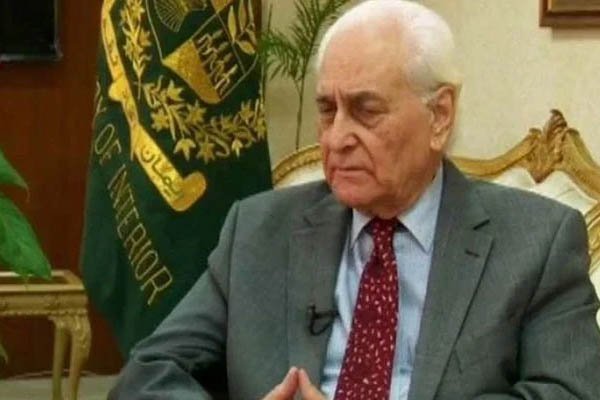Pakistan’s interim Prime Minister Anwaarul Haq Kakar’s 18-member caretaker cabinet was sworn in on Thursday to guide the nation through the forthcoming elections, amidst a backdrop of economic and political turmoil. The country is facing significant challenges, compounded by the arrest of former Prime Minister Imran Khan.
The caretaker government, led by Kakar, will remain in office until the general elections are held, ensuring a seamless transition of power. The oath-taking ceremony, administered by Pakistan’s President Arif Alvi, took place at the presidential house, Aiwan-e-Sadr, with the participation of 16 federal ministers and 3 advisers.
Prominent appointments in the caretaker cabinet include former foreign secretary Jalil Abbas Jilani as Foreign Minister, Sarfaraz Bugti as Interior Minister, Shamshad Akhtar as Finance Minister, and retired Lt Gen Anwar Ali Haider as Defence Minister. Other key roles include Information Minister, Law Minister, Minister for Minorities, and more. Notably, Shamshad Akhtar is the sole woman in the cabinet.
The oath-taking ceremony commenced with the recitation of the Holy Quran, and it was attended by various dignitaries, including interim Chief Minister of Punjab Mohsin Naqvi. This marks the completion of the government formation process as Pakistan navigates through a challenging economic crisis.
Pakistan dissolved its National Assembly on August 9, signaling the end of Shehbaz Sharif’s government and the initiation of a caretaker setup. The country’s general elections are anticipated to take place within 90 days. However, the Election Commission of Pakistan’s decision to conduct a fresh delimitation of constituencies suggests that elections may not occur within the stipulated 90-day timeframe.
The ongoing economic crisis has prompted Pakistan to engage with the International Monetary Fund (IMF), culminating in a USD 3 billion Standby Arrangement (SBA) to rejuvenate the ailing economy. The agreement was reached after extensive negotiations that averted potential default.
As Pakistan grapples with multifaceted challenges, the newly formed caretaker government assumes a pivotal role in steering the nation toward stability and addressing the pressing issues at hand.
